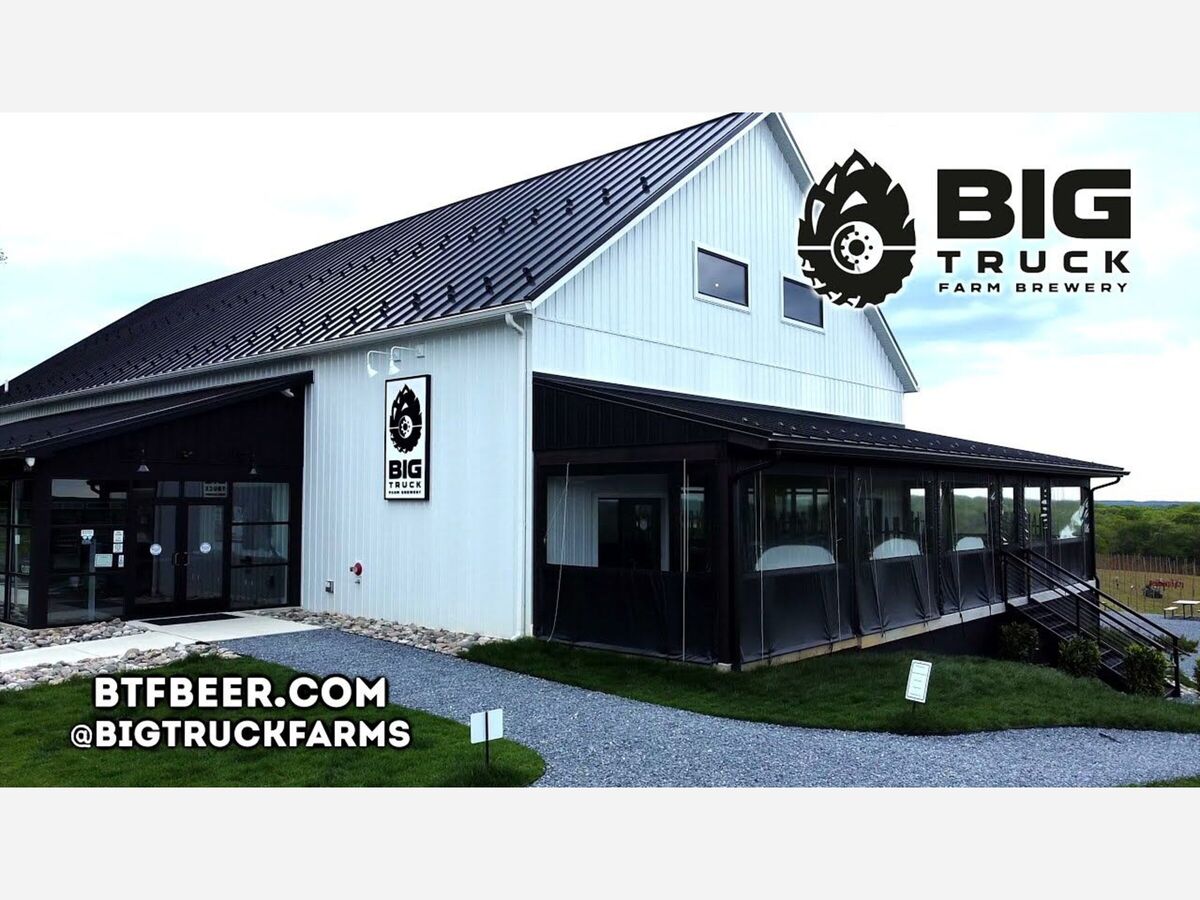Image

Emergency Actions at Onset of Pandemic Saved Restaurants, Craft Beverage Producers
ANNAPOLIS, Md. -- Consequential regulatory actions adopted early in the pandemic spared hundreds of Maryland craft beverage manufacturers and restaurants from financial ruin, industry representatives told the Comptroller’s Workgroup on Pandemic Spending on Tuesday.
The Comptroller’s decision to suspend enforcement of how much beer and distilled spirits consumers could purchase for carryout and an executive order authorizing carryout and direct delivery of alcoholic beverages to Marylanders, both announced within days of the initial COVID-19 lockdowns, enabled many businesses to survive the crushing economic impact of the pandemic, said Kevin Atticks, executive director of the Brewers Association of Maryland and founder of Grow and Fortify, a trade group promoting value-added agriculture entities that produce goods used in craft beverages.
“Without these changes, the industry would have not survived the early days,” he said. “Unequivocally, they would not have survived.”
Similarly, restaurants’ ability to sell alcoholic beverages with takeout and delivery orders, along with extensions on sales tax payments, helped many businesses stay afloat, said Marshall Weston, president and CEO of the Restaurant Association of Maryland.
When in-person dining was shut down in March 2020, virtually every restaurant was forced to lay off staff and reduce the hours of those who remained on payroll, he noted. The pandemic left substantial, and in some cases, irreversible damage on an industry responsible for $750 million in state sales tax revenue in fiscal year 2019, while employing more than 200,000 Marylanders.
“We’re the backbone of every neighborhood and community,” Weston said. “Our society and our economy lose when restaurants are not able to be successful.”
Fortunately, he said only 15 percent of restaurants and food service companies – about 1,700 to 2,000 businesses -- closed due to the pandemic, rather than the worst-case prediction of 40 percent. “It’s still impactful, but not as damaging as we once thought.”
Two additional concerns, Weston said, is whether state funds were distributed equitably across Maryland, and how some counties took much longer to deliver funds than others.
“We had all sorts of good intentions and all kinds of money, but it ended up going to some well-funded law firms and other entities that should not have qualified for relief funds,” Comptroller Franchot said.
Another presenter remarked that the process by which grant and loan funds were made available, while well-intentioned, were underfunded, extremely complicated, too narrowly-focused, and didn’t deliver aid quickly enough.
“Most of the grant programs and the loan programs were trying to fix a three-month problem, when it was actually a three-year problem,” said Julie Verratti, co-founder of Denizens Brewing Company in Silver Spring and Riverdale Park.
Her business applied for about 15 different loan and grant programs -- receiving more than $700,000 in relief funds, in total – but the payoff was often not worth the effort, she said. Instead of the hundreds of grant and loan applications that local, state and federal governments made available, it would have been more beneficial to consolidate those programs that would have enabled business owners to spend more time on their businesses instead of paperwork.
Verratti also pointed to the Restaurant Revitalization Fund, which she called “wildly underfunded” by $60 billion. “The consequence of that is two out of every three restaurants, bars and hospitality businesses that applied and qualified for funds received zero dollars.”
While governmental agencies were correct to balance the speed at which funds were dispersed with guarding against fraud, Verratti agreed that the workgroup’s mission of preventing fraud in the future is necessary.
The workgroup also heard from a hotel industry representative, who noted the impact on hotels was twofold: first, from the lack of tourists, and second, from the cancellation of meetings and events for months.
Less than one-tenth of one percent of COVID relief aid was directed to hotels, said Jeff Brainard, vice president of hospitality and sales for Southern Management Companies, which operates three hotels in College Park and Hanover.
Like other speakers, Brainard said one of the most difficult factors during the pandemic was the different rules and protocols adopted by counties and municipalities. There were also different eligibility requirements to access relief funds, which became difficult to track.
Smaller businesses that lacked the resources, understanding, and awareness of how and where to apply for relief funds often missed out. Minority-owned and ethnic restaurants were particularly underserved, with language barriers and lack of trust in government programs playing a part in that inequity, Weston said.